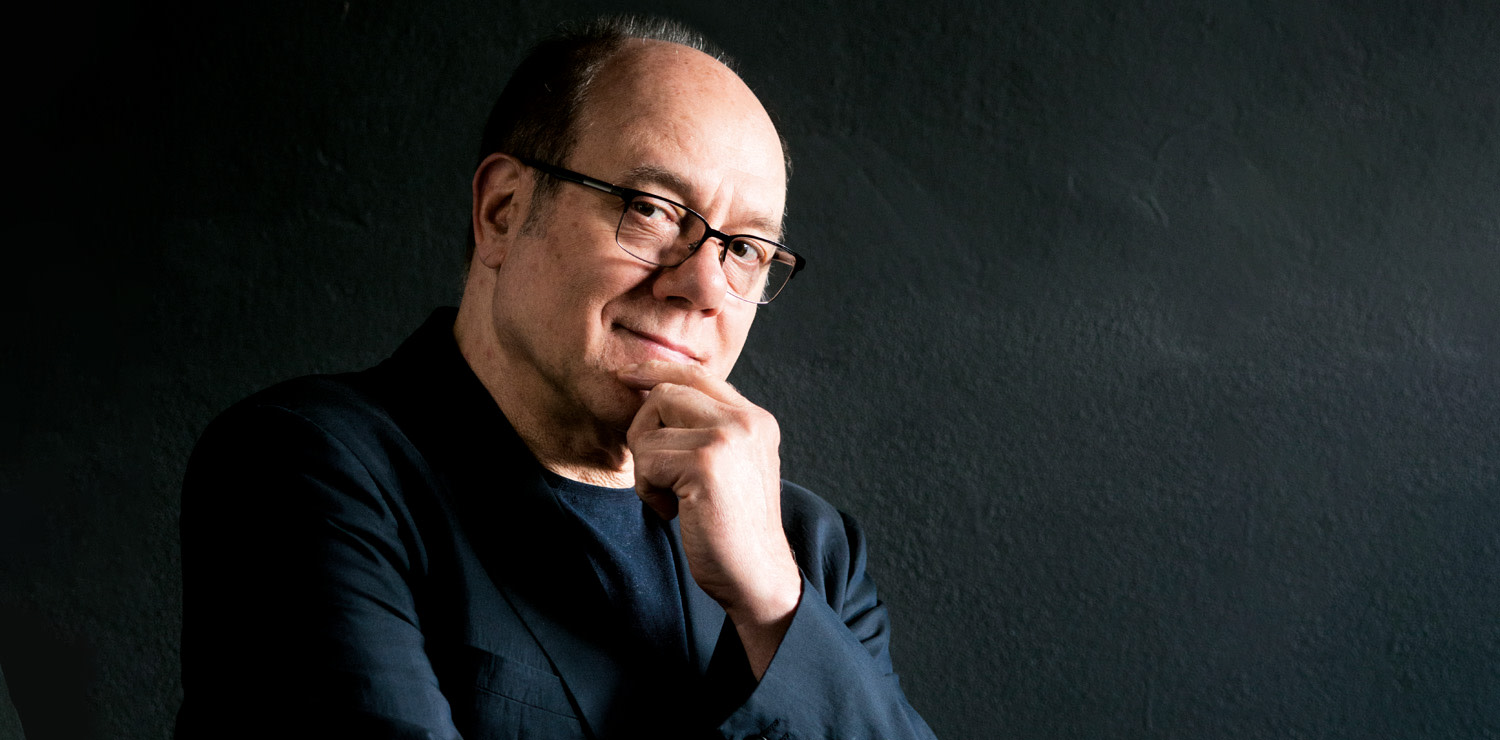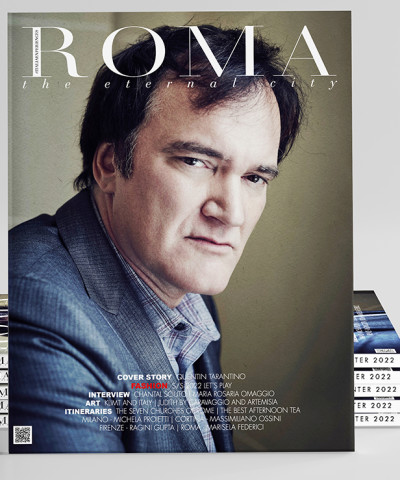Mamma Roma
Carlo Verdone. Our interview with the great Roman actor on the occasion of his 70th birthday
When he wants to take a look at Rome and hold it in a visual embrace, Carlo Verdone goes up to the terrace. From there, he can take in the whole city at a glance, the city he has always loved. The city where he was born and of which he has explored the many facets in his films. On November 17, Carlo Verdone - perhaps Italy’s most popular film director from the 1980s to the present day- turned seventy. We had a chat over the phone to talk about Rome and his 70th birthday.
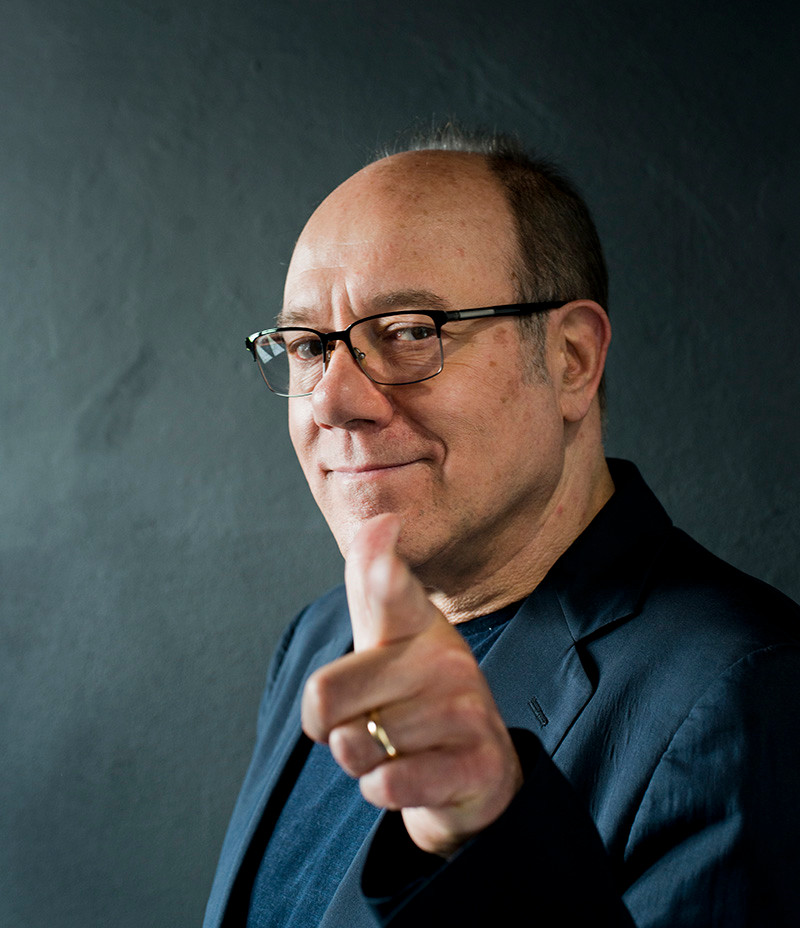 Carlo Verdone, actor, film director and writer and, above all, a symbol of Rome.
Carlo Verdone, actor, film director and writer and, above all, a symbol of Rome. Carlo, what do you see from your terrace?
I’m a lucky man: I live in one of Rome’s highest points, nearly on the top of the Janiculum hill. From the terrace, I see the Basilica of San Giovanni, the synagogue, the monument to Vittorio Emanuele. And then, southwards, I take in the view extending as far as the Albani hills and I even get- when the north wind blows and the air is clear- a peek of the sea, in the direction of Pratica di mare and Torvaianica. When I go up to the terrace, it’s like holding Rome in a visual embrace.
Do you still love this city?
Of course. It is still so wonderful and it is still- to me- the most beautiful city in the whole world. Unfortunately, the neglect and poor maintenance of Rome are there for all to see: the city has changed, as if struggling with a tumor that has spread everywhere.
Rome is also the capital city of Christianity. Are there churches in Rome which are especially dear to you?
Yes, there are. My mother was a very devout Catholic. And I went with her to Mass on Sundays and on the Seven Church Walk on Good Friday and on the tour of all Nativity scenes on Christmas Day. I learnt to love all the churches in my neighborhood: Trinità dei Pellegrini, Santa Maria in Monticelli, Sant’Andrea della Valle, and a small church on Via dei Pettinari, San Salvatore in Onda. Today churches are empty, except for a few elders begging God for a merciful death.
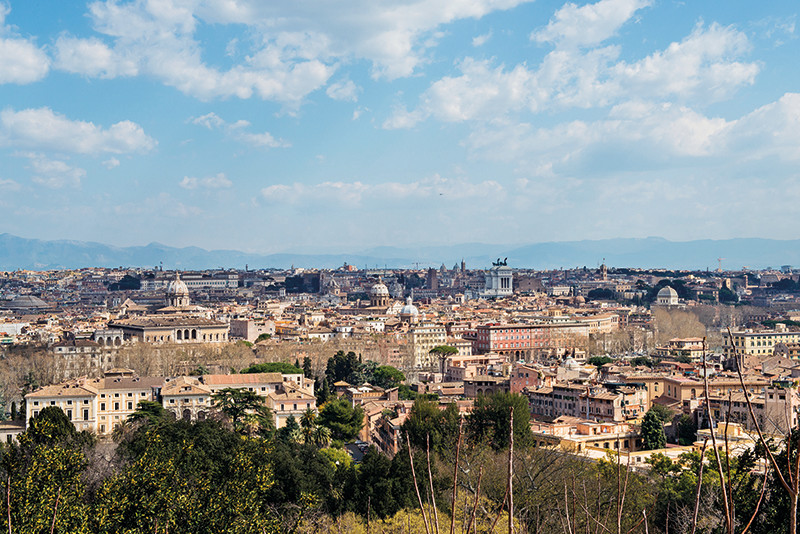 Gianicolo
GianicoloWhich Rome is best Rome?
It used to be the Rome of neighborhoods, each with its own personality and nature. But now all streets look the same: lined with bars for drinks, chic wine bars, trendy restaurants. Artisans have disappeared, workshops have disappeared: “aperitivi” is all we got left.
What film in the history of Italian cinema best describes Rome and its charm?
In my opinion, Fellini understood Rome better than anyone else. In The White Sheik, his first film, Federico Fellini used very realistic takes. In La Dolce Vita, he described Via Veneto, the sense of euphoria towards cinema, the Americans and Italians meeting for the first time. Also Vittorio De Sica depicted a very authentic Rome in Bicycle Thieves and in Umberto D.. As for Rome’s outskirts, no one has ever described them as brilliantly as Pier Paolo Pasolini did in Accattone and in Mamma Roma. Then we have the metaphysical Rome, abstract, devoid of cars and traffic and market stalls, which Paolo Sorrentino explores in The Great Beauty…
Rome is a regular feature in most of the films you directed. What film do you feel represents Rome at its most intense?
Un sacco bello, my first film, which is a portrayal of a tiny Rome, populated with minor characters. I miss “sora Lella” so much, Aldo Fabrizi’s sister, who played in my first films and who, in my opinion, embodied Rome’s spirit, its heart, sense of humor, disenchantment and humanity.
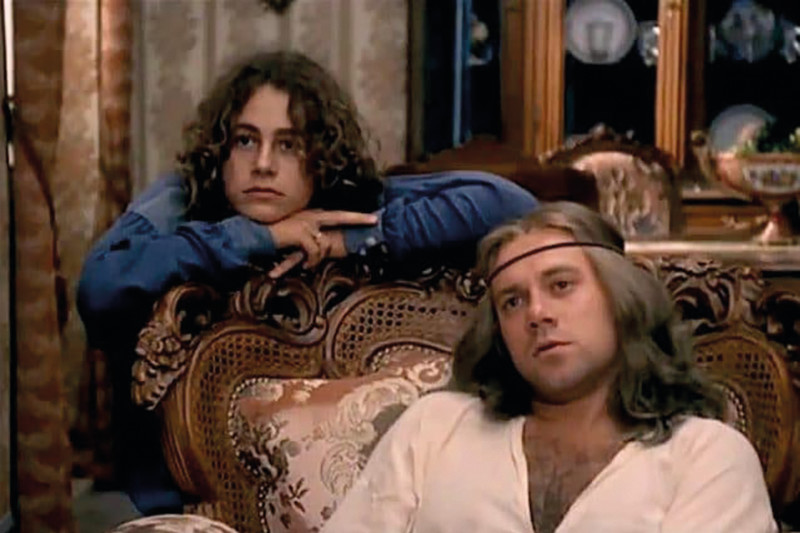 Un sacco bello (1980)
Un sacco bello (1980) Is there a writer who understood Rome more than anyone?
I believe it was Montesquieu in his Voyage d’Italie. Charles Montesquieu visited Rome in 1728, but what he realized back then is still true today. He was drawn to the erotic energy emanating from Rome’s paintings, statues, soft gracefulness bordering on obscenity, from its riches and rags. What Montesquieu wrote about Roman people’s nature and behavior is very much the same as today’s.
You turned seventy on November 17. What would you say is the outcome, right now, of your life and career?
I feel extremely lucky. Had I been told, as a boy, that I would become what I am, I would have signed up for it straightaway. I received much more than I’ve ever dreamed of.
What was the pivotal moment for you professionally?
The first one. A kick in the butt that my mother gave me on the doorstep. I was about to make my debut on stage, in a small theater with my first “one man show” by playing my characters. I was suddenly stricken with panic, with dismay, with the terror of performing in front of the audience. I was ready to go home and give it all up. My mother kicked me in the butt and closed the door saying: “Go! You’ll regret it your whole life, if you don’t go! What a whiner!” That night, there were only ten people in the audience, but among them was a theatre critic who wrote very favorably about me. From the next day on, I had a full house every night and I never stopped performing. That kick was the beginning of my fortune.






